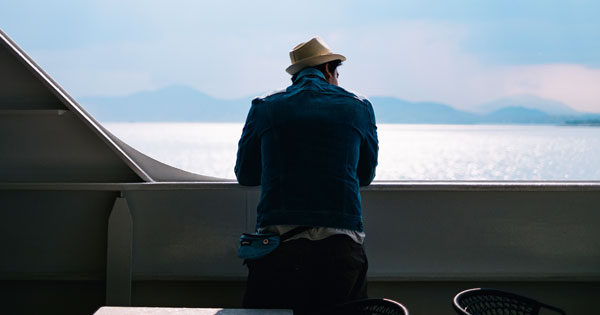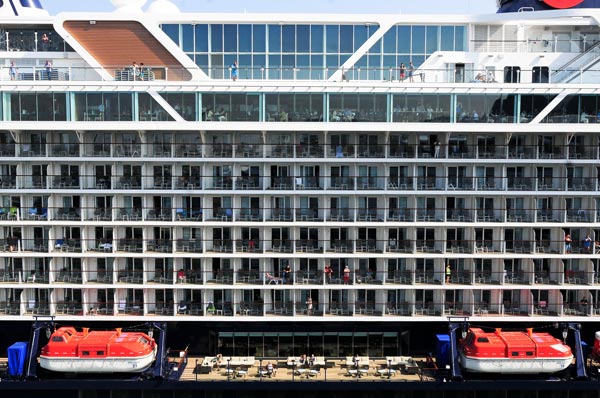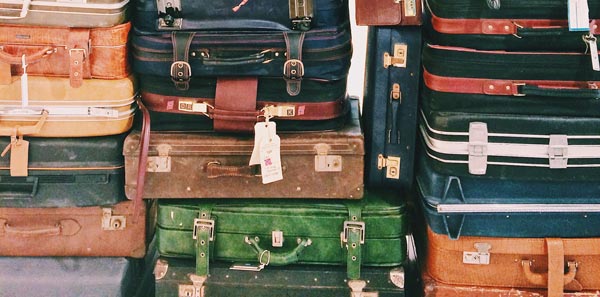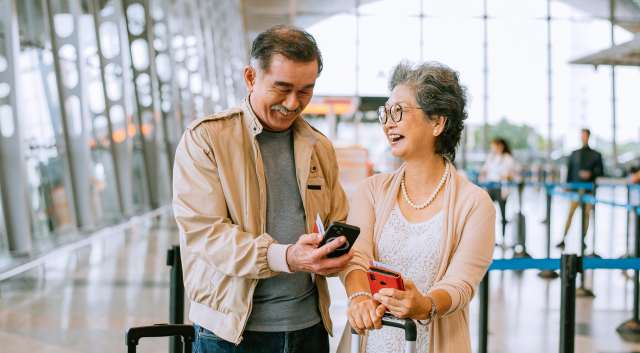10201502510
10 Cruise Tips and Hacks for a Great Time on the High Seas

Cruising offers a unique blend of adventure and relaxation, but navigating the planning process can be overwhelming. Whether you're a first-time cruiser or a seasoned traveler, these 10 cruise tips and hacks will help you make the most of your time at sea—while and avoiding common pitfalls.
1. Know What You Want Before You Book
Before diving into cruise deals, take time to reflect on your preferences. Consider:
- Ship size: Mega, large, medium, small, or intimate.
- Itinerary: Caribbean, Mediterranean, European rivers, Alaska’s Inside Passage, or exotic destinations like the Galápagos or Antarctica.
- Amenities: Dining options, entertainment, pools, fitness centers, or unique features like roller coasters and racetracks.
- Theme: Some themed cruises may compromise on itinerary quality.
- Travel style: Active explorer or laid-back lounger?
- Fellow travelers: Families, couples, seniors, luxury seekers, or partygoers.
- Budget: Be realistic and flexible.
Write down your answers and refer to them throughout the booking process. This internal checklist will help you narrow down options and avoid decision fatigue.
2. Read Independent Reviews
Not all reviews are created equal. Rely on impartial sources like:
These platforms offer insights into cruise lines, ships, itineraries, and onboard experiences from real travelers.
3. Start with a Short Cruise
If you're new to cruising, begin with a 3- or 4-day itinerary. While the cost per day may be higher, it’s a low-risk way to test the waters and see if cruise life suits you.

4. Understand All Costs Upfront
Cruises are not truly all-inclusive. Be sure to ask about:
- Beverage packages (including alcohol)
- Entertainment and shows
- Wi-Fi access
- Medical services
- Fitness centers and pools
- Shore excursions
- Specialty dining
The “cashless” onboard system can be deceiving. Track your spending and stick to your budget.
5. Book Early for Best Deals
Booking several months in advance can secure:
- Lower prices
- Better cabin selection
- Possible upgrades to balcony rooms
Alternatively, last-minute deals can offer savings—but come with risks like limited cabin availability. Consult a cruise-specialized travel advisor to explore both options.
6. Consider Shoulder Season Travel
Cruising in spring or fall can mean:
- Lower prices
- Fewer crowds
- Better cabin choices
However, weather may be unpredictable—especially during hurricane season in the Caribbean or chilly conditions in Europe and Alaska.

7. Be Strategic About Cabin Selection
Inside cabins are budget-friendly but may lack comfort. If a cabin is significantly cheaper, check its location on the ship—it could be near noisy venues or machinery.
If budget is tight, weigh the trade-offs carefully. A poor cabin experience can impact your entire trip.
8. Ask About Discounts
Cruise lines often offer perks for:
- AARP members
- Active military
- Loyalty program participants
Ask about available discounts or onboard credit offers when booking. You might unlock free upgrades or dining packages just by asking.

9. Pack Smart and Light
Use Generali Global Assistance’s Ultimate Cruise Packing List and follow these essentials:
- Lay out everything you plan to pack—then subtract.
- Pack two outfits in your carry-on in case of lost luggage.
- Bring extra hangers, Febreze, a multi-USB charger, and earplugs.
- Limit formal wear—“formal night” may just mean dressy casual.
- Must-pack item: a water-repellent windbreaker.
10. Help Protect Your Trip with Travel Protection
Help Protect your cruise with a Travel Protection Plan like Generali Global Assistance’s Premium Plan, which includes:
- Trip cancellation and interruption coverage
- Emergency Medical and Dental benefits
- Baggage Protection
- 24/7 Travel Assistance
Travel protection is especially important for cruises, where medical care and itinerary changes can be costly.
Ready to cruise smarter?
Cruising can be one of the most rewarding ways to travel—offering relaxation, adventure, and unforgettable experiences. But to truly enjoy your time at sea, it’s essential to plan wisely, pack strategically, and help protect your investment. From choosing the right itinerary to understanding hidden costs and purchasing travel protection, these cruise tips and hacks help smooth sailing from start to finish. Before you book, consider adding a travel protection plan like our Premium Plan, designed with cruise travelers in mind. It’s a smart way to help safeguard your trip and cruise with confidence.
Get a fast and free quote for travel protection here.


